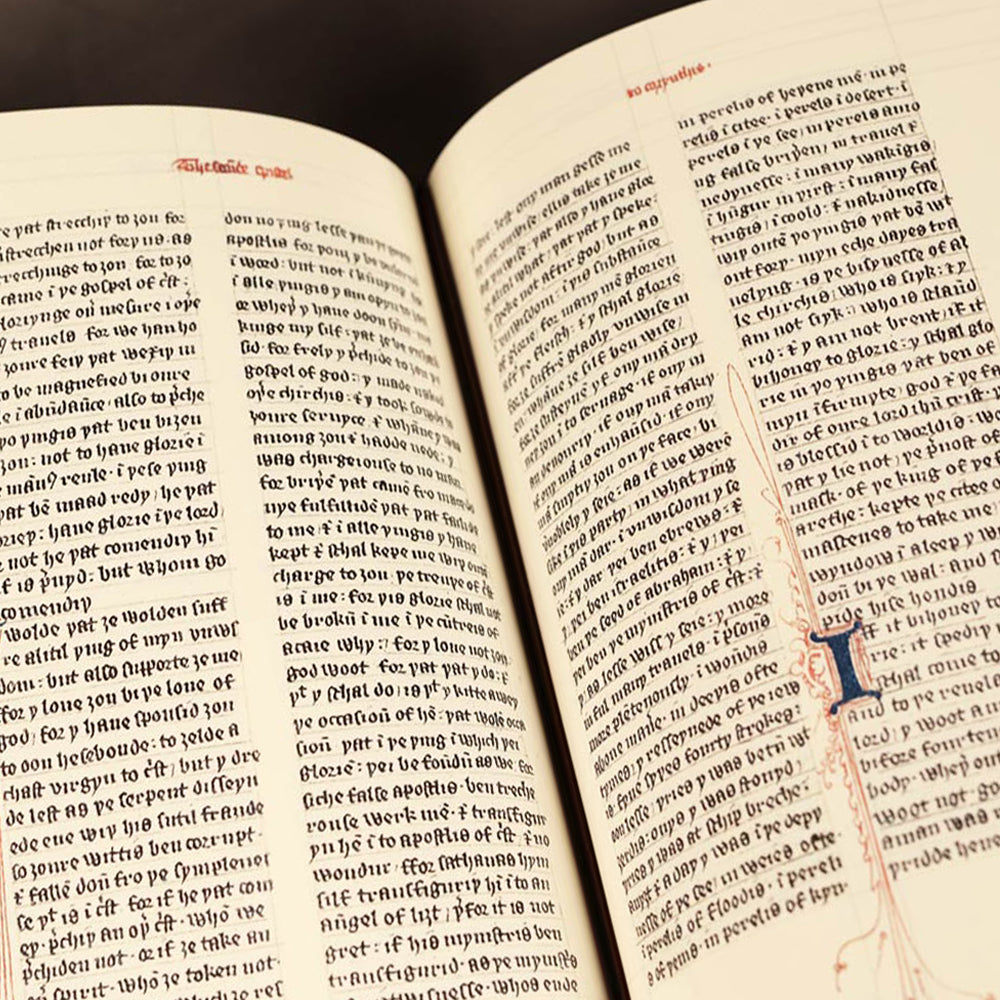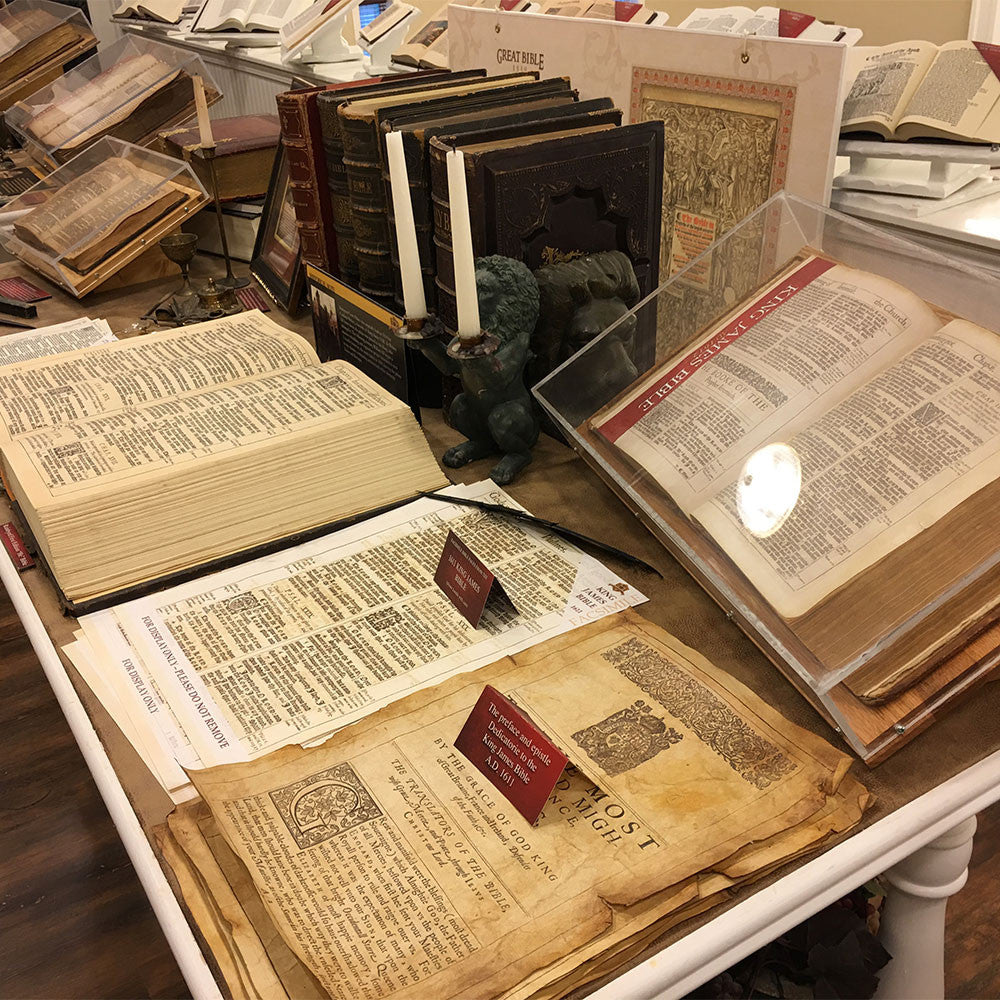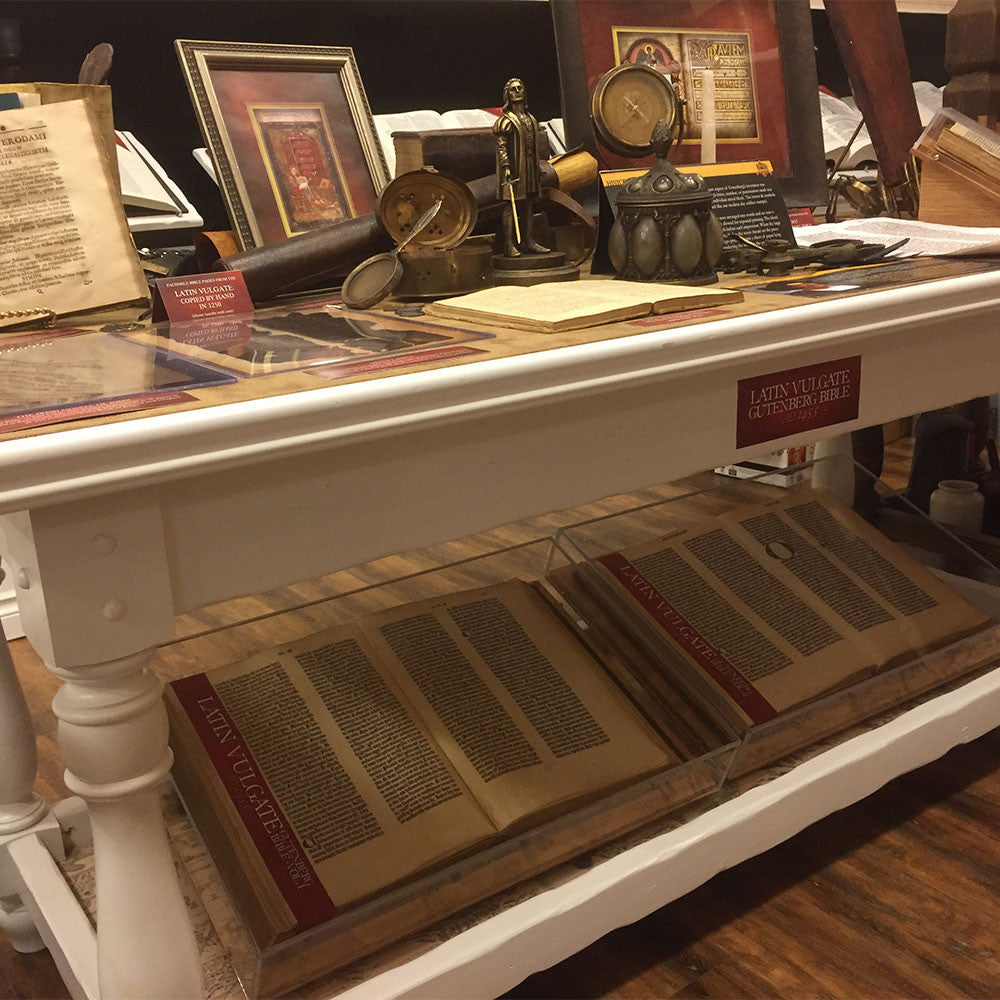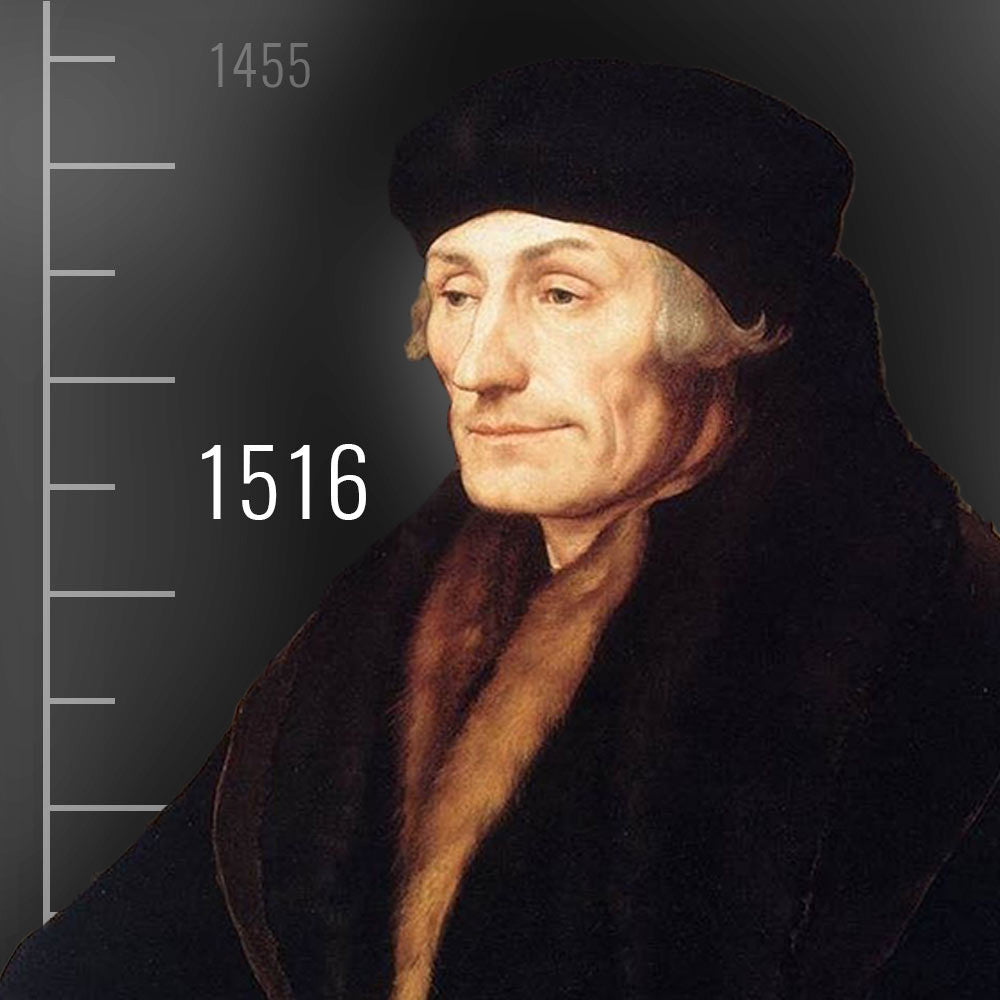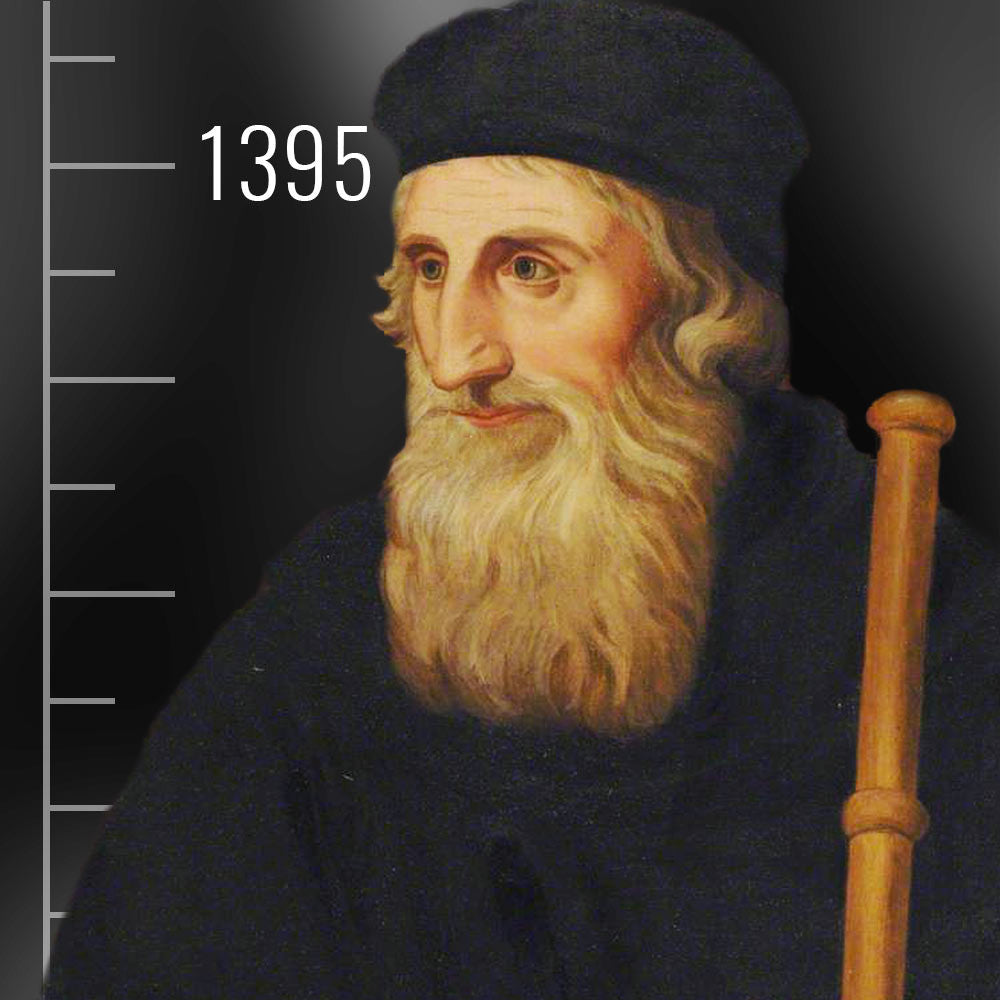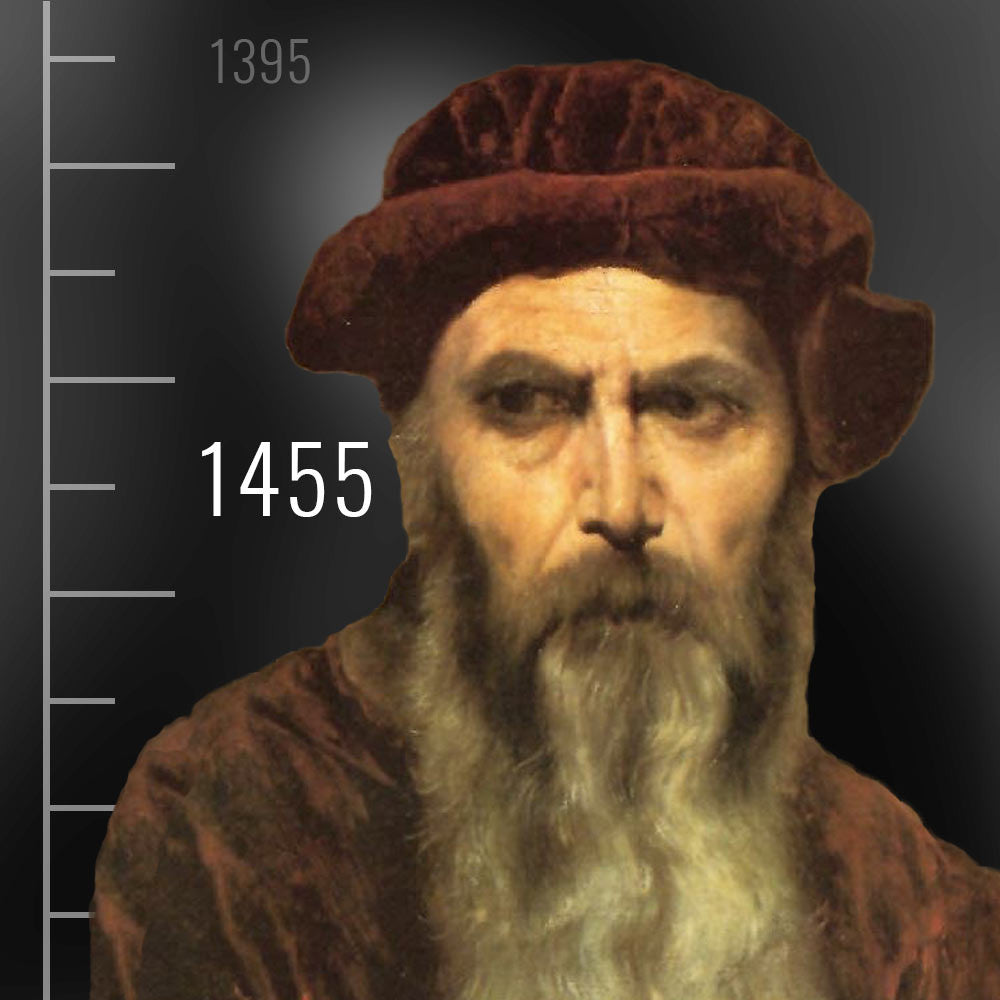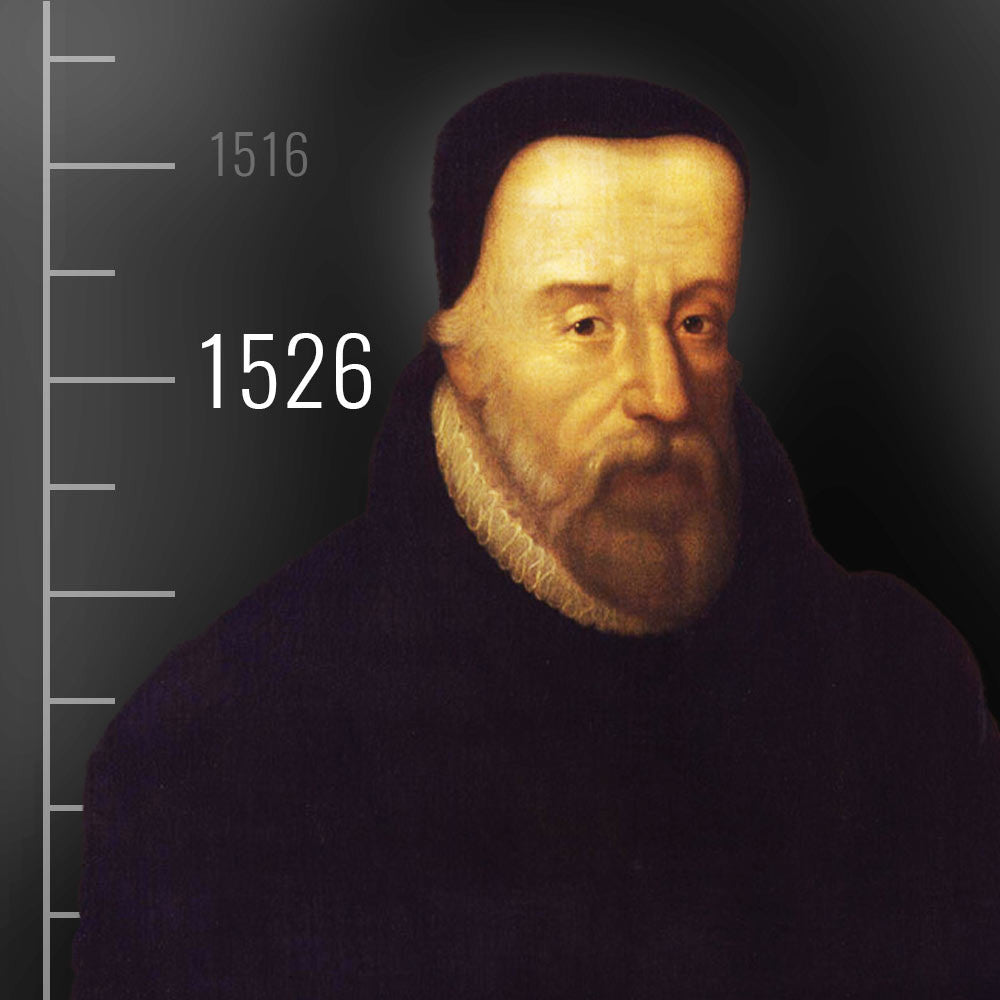Gerrit Gerritszoon was born in 1466; he later changed his name to Desiderius Erasmus to reflect his fondness for Latin. His childhood was spent in monastic schools, the best education of his day. He was admitted into the priesthood at age twenty-five, but never exercised priestly functions. After ordination, Erasmus left to study at the renowned University of Paris, and eventually chose the life of an independent scholar – unhindered by country, religious affiliations, academic ties, relationships, or any thing that might interfere with his freedom of expression and literary intellect.
Erasmus had a passion for reading, and was the only man to read every book in existence at that time. In one of his most famous quotes, he said, "When I get a little money, I buy books; and if any is left, I buy food and clothes." He frequently corresponded with over five hundred of the most influential men of his day, and his advice on all matters of politics and critical thinking was eagerly sought by scholars, philosophers, and royalty. He established friendships with such leaders of English thought as John Colet, Thomas Linacre, William Grocyn, and Thomas More, to whom he dedicated his best-known work, Praise of Folly. He was a Professor of Divinity at Cambridge, and had the opportunity to spend the rest of his life teaching; however, he declined this and other lucrative positions to pursue independent literary activity.
While in England, Erasmus was so moved to correct the Latin Vulgate that he began diligently studying the Greek manuscripts he had acquired. Working with John Froben, he published the first Greek-Latin Parallel New Testament. This remarkable accomplishment was the first Scripture in a millennium to be produced without using the Latin Vulgate, and the first from a printing press. This work focused attention on how corrupt the Latin Vulgate had become, and the necessity to return to the original Greek and Hebrew manuscripts to accurately translate the Scriptures into common languages. Erasmus' text came to be known as the Textus Receptus, meaning Received Text, and formed the basis of the English Bibles that would follow, including the Authorized King James Version of 1611.

